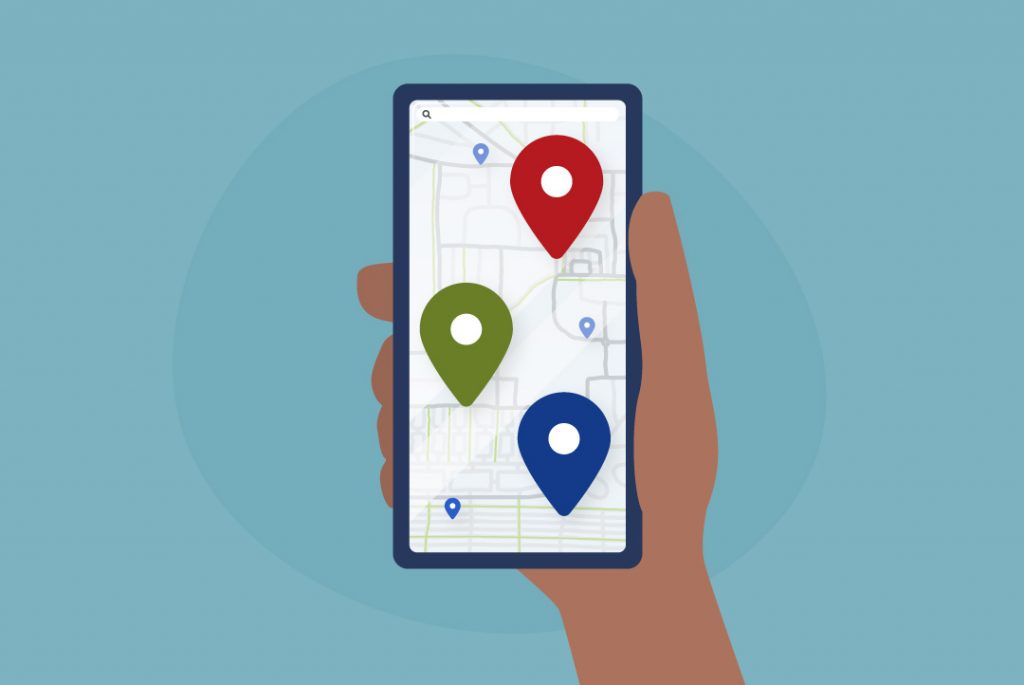LEARN THE BASICS
JUNE 2022
Get the right care at the right place
It’s after midnight. You suddenly wake up with a blinding headache, a stiff neck and a fever. Should you rush to the emergency room, drop by your nearest urgent care center or simply wait and make an appointment with your primary care doctor? Here are a few guidelines to ensure you get the most appropriate, effective and affordable health care for your condition.
Looking for more? Find other articles below

Do you know where to go?
The right place to go for care can depend on your condition and the level of care you need.
In-office primary care
This is your regular trusted provider or provider group. Visit primary care for:
- Annual exams and screenings
- Immunizations
- Chronic disease
- Prenatal care
- Earaches/colds/fevers
- Non-urgent health care needs
Telemedicine
This is an online visit with a doctor. It’s best for:
- Follow-up visits after you’ve already seen your doctor
- An exam of easy-to-see areas, like your eyes or skin
- Severe cold and flu symptoms
- Counseling and other mental health services
- Prescription refills
- Monitoring chronic conditions like diabetes or asthma
Urgent care
Urgent care centers offer quick, effective care for minor injuries or illnesses that need urgent attention. Hours for urgent care centers vary, so be sure to check. Visit urgent care for:
- Minor cuts, burns and wounds
- Minor injuries, infections or irritations
- Severe cold and flu symptoms
- Sprains
- Muscle aches/pains
- Persistent fever
- Allergies
- Severe earaches
- Upset stomach
- Other non-life threatening but urgent needs.
Emergency care
If you or another person are experiencing a life-threatening or serious medical emergency, call 911 or visit the nearest emergency room immediately for 24/7 care. Seek emergency care for:
- Symptoms of heart disease, including chest pain
- Severe shortness of breath
- Warning signs of stroke, including numbness in face, arms and legs
- Severe bleeding or bleeding that doesn’t stop
- Automobile or industrial accident
- Poisoning
- Complicated bone fractures
- Major illness
- Head injuries
- Suicide attempts or thoughts
When should you call an ambulance?
According to guidelines from the American College of Emergency Physicians, you (or someone else, if you’re too ill or injured to call) should call an ambulance when:
- Your condition appears life threatening
- Your condition could worsen and become life threatening on the way to the hospital
- Moving you could cause further harm or injury
Your Costco benefits offer 24/7 health care services you can access from the comfort of home. Check out the helpful resources below for more information.
Sources:
Willamette Valley Medical Center. Know where to go to get the care you need.
WebMD. Telehealth or in-person visits.

